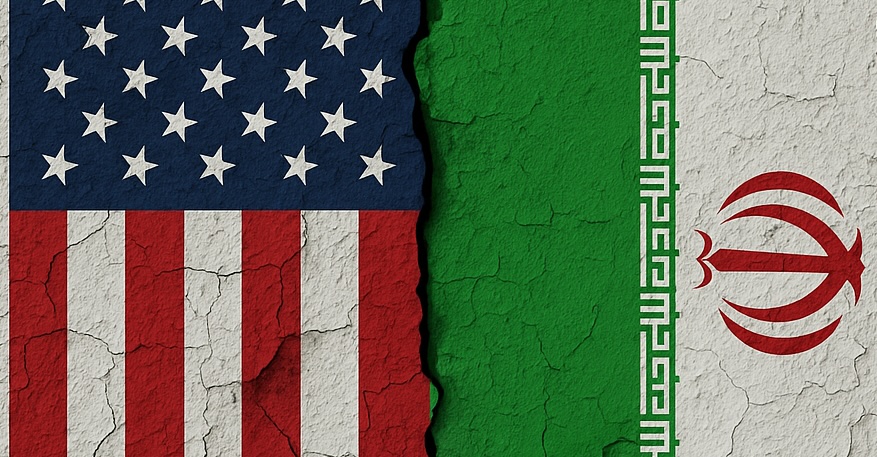Already a subscriber? Make sure to log into your account before viewing this content. You can access your account by hitting the “login” button on the top right corner. Still unable to see the content after signing in? Make sure your card on file is up-to-date.
The United States and Iran have wrapped up another round of talks over Iran’s nuclear program, with both sides providing different assessments of the progress made.
Some shit you should know before you read: If you’re unaware, Iran has continuously maintained that its nuclear program is for civilian purposes only, a claim Western intelligence agencies say is bullshit. For civilian purposes, a country would need to enrich uranium to around 3–5% purity for nuclear power generation, and up to 20% for medical and research applications. However, Iran is now enriching uranium to 60% purity, a level that has no credible civilian justification and leaves the country just a short technical step from weapons-grade 90% enrichment. Western intelligence agencies have suggested that it’s intentionally shortening its “breakout time” to a bomb, and there’s more concern due to Iran’s secret network of undisclosed or hardened enrichment sites, some deeply buried under mountains, like the Fordow facility, which make military strikes significantly more difficult.

What’s going on now: After another round of talks in Oman, the United States and Iran have left the meeting clearly divided over the core issue of uranium enrichment. US Middle East envoy Steve Witkoff described the fourth round of negotiations as “encouraging,” but made clear that their “enrichment program can never exist in the state of Iran ever again. That’s our red line. No enrichment.” He added, “That means dismantlement, it means no weaponization.” Witkoff warned that the US would “walk away from ongoing nuclear talks” if there’s no real progress and would then be forced “to take a different route.”
On the other side of the table, Iran’s Foreign Minister Abbas Araghchi described the talks as “difficult but useful” and noted that the latest session was “more serious and more direct” than previous rounds. Araghchi stressed that Iran is willing to engage in negotiations to ease tensions and potentially curb the scale of its enrichment program temporarily, but he was adamant that Iran’s right to enrich uranium is non-negotiable. “Enrichment is an issue that Iran will not give up and there is no room for compromise on it,” Araghchi told Iranian state TV. He further criticized the US for sending mixed signals, saying, “Contradictory positions taken by the US in the media are not acceptable to us as they do not help the negotiations.”
This all comes as the Trump administration has significantly ramped up sanctions targeting Iran’s economy, tightening the financial noose around Tehran’s oil exports and global trade partners. In addition to reinstating crippling sanctions lifted under the 2015 nuclear deal, Trump has now threatened to impose secondary tariffs on any country that continues to purchase Iranian oil, a move aimed squarely at China, Iran’s largest customer. These tariffs would effectively cut off foreign buyers from access to US markets if they engage in oil trade with Iran.







